Do Poodles Drool Much?(5 Reasons)
Poodles are often admired for their intelligence, hypoallergenic coats, and elegant appearance. This breed’s popularity is not without reason, but as with all dogs, potential poodle owners may have some concerns, like whether poodles drool. Drooling can be a messy and sometimes unappealing trait, so let’s address this topic directly.
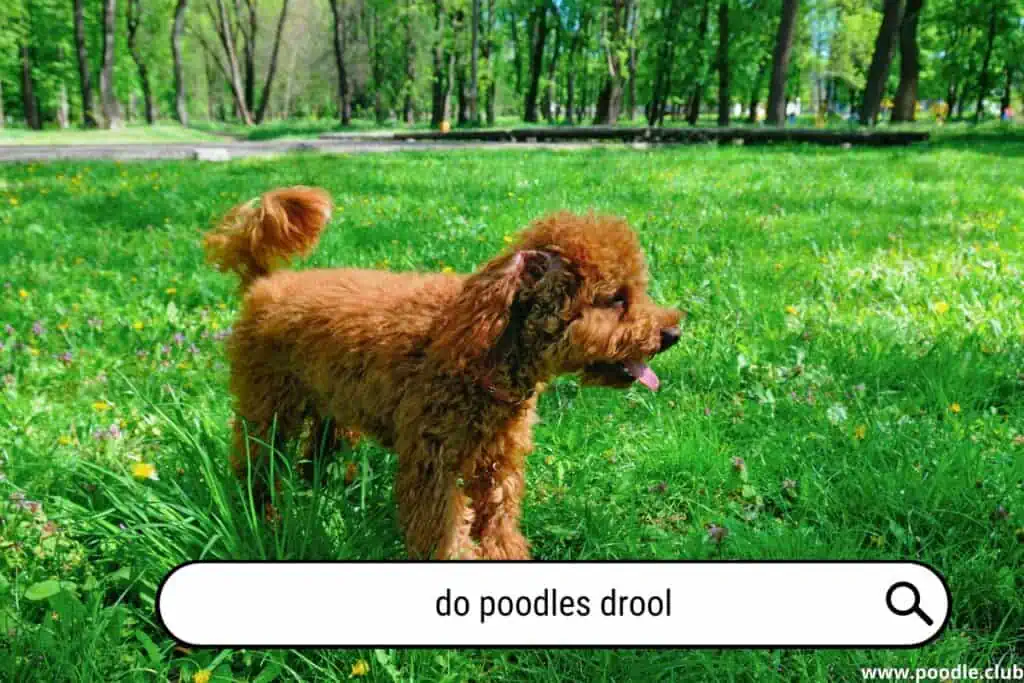
While some dog breeds are infamous for their drooling habits, poodles don’t typically exhibit this particular behavior. Their mouth and jaw structure are less likely to produce excessive drooling. However, it’s essential to understand that occasional drooling is normal for any dog, including poodles, and there’s no need for immediate concern.
No breed is perfect, but poodles’ drooling habits are certainly easier to manage compared to other breeds known for their slobber-fests. So, if you’re considering adding a poodle to your family, rest assured that you won’t be living in a puddle of drool. And who knows, your new best friend might even spend their time teaching you a thing or two about elegance and grace.
Do Poodles Drool
Drooling in Poodles
Poodles are generally known for their unique curly coats and intelligent demeanor. But when it comes to drooling, do these curly canines turn into a slobbery mess? Well, poodles are not heavy droolers in comparison to other breeds. However, that doesn’t mean they never drool.
Like all dogs, poodles will drool occasionally. This can be caused by a variety of factors, such as the anticipation of a tasty treat or a feeling of nausea. In these instances, drooling is completely normal and should not cause alarm.
An interesting aspect to consider is the unique makeup of poodle saliva. Just like other breeds, poodles produce saliva containing the Can f 1 allergen, an allergenic protein. However, research has shown that allergen concentrations can differ between breeds. So poodle drooling, as infrequent as it may be, doesn’t necessarily equate to less Can f 1 in comparison to more slobbery breeds.
Seeing your dignified poodle drooling might be a surprising sight at first, but remember, they are still dogs after all. Although famous for their water-resistant coats and striking appearances, they aren’t immune to the occasional dribble.
PuppySpot is a reputable dog marketplace where you can browse and find compatible puppies right from the comfort of your home. They have placed over 200,000 puppies into homes in the US!
In summary, poodles aren’t notorious droolers like some other breeds, but they do drool occasionally. As a poodle owner, keeping a handy cloth nearby for those rare dribble moments is never a bad idea, and it will help maintain your poodle’s image as the elegant, well-groomed dogs they are.
Causes of Drooling
Stress and Excitement
One of the reasons some poodles may drool is due to stress or excitement. Just like humans who might get a little extra sweaty under pressure, poodles may produce more saliva in response to their environment or emotions. For example, if a poodle is in a new and unfamiliar place or meeting new playmates, it might get stressed or overly excited, leading to drooling. Additionally, anxiety can be another cause of drooling, so it’s essential to make your poodle feel comfortable and secure.
Health Issues
Drooling may also be an indicator of certain health issues. If your poodle suddenly starts drooling more than usual or is drooling excessively, it’s time for a checkup at the vet. Health problems that can lead to drooling include oral infections, dental issues, or even gastrointestinal problems like nausea. In some cases, the excessive production of saliva in poodles has been linked to a condition called pharyngeal mucoceles.
Remember that it’s essential to be proactive in managing your poodle’s healthcare. Regular checkups and monitoring your pet’s behavior can help prevent any underlying health issues from becoming severe.
Teething in Puppies
When it comes to poodle puppies, teething can be a major cause of drooling. During this period, puppies experience discomfort as new teeth break through their gums. As their baby teeth are replaced by adult chompers, you might notice your poodle pup drooling a bit more than usual.
To make the teething process more comfortable for your poodle puppy, try providing them with:
- Chewing toys made of soft materials.
- Ice cubes or cold treats to help alleviate gum discomfort.
- Regularly checking their mouth for any signs of infection or abnormal growth.
In conclusion, poodles may drool due to a variety of factors, including stress, health issues, and teething in puppies. It’s important to monitor your poodle’s drooling habits and consult a veterinarian if you notice any sudden changes or excessive drooling. With proper care and attention, your poodle will remain happy and healthy, even if they occasionally drool a bit!
Drooling Related Health Concerns
Drooling, although quite common in some dog breeds, can be a sign of potential health issues in Poodles. Below are some of the common health concerns related to drooling that every Poodle owner should be aware of.
Oral and Dental Issues
Poodles, like any other breed, can suffer from various oral and dental problems. These may include gum disease, tooth decay, or oral infections. If you notice your Poodle drooling excessively, it’s crucial to inspect their mouth for signs of swelling, redness, or odor. A visit to the veterinarian for a proper dental checkup could save your pup from unnecessary pain and discomfort.
Remember, bad breath and excessive drooling are often a dynamic duo. Two things you don’t want your Poodle to be proud of!
Foreign Objects and Blockages
If your Poodle suddenly starts drooling, it could be due to a foreign object stuck in their mouth or throat. Some dogs, especially the curious ones, love to nibble on anything they can find – like sticks, rocks, or even your favorite pair of shoes. If this is the case, gently inspect your dog’s mouth to check for any foreign objects lodged in their gums or teeth.
When DIY detective work doesn’t pay off, get a professional opinion. Rushing to the vet can not only save your Poodle’s life but could also prevent an unfortunate shoe funeral.
Serious Illnesses
Though it’s relatively rare, excessive drooling in Poodles may also indicate more serious underlying issues such as cancers, oral diseases, or tumors. Signs of serious illness may include loss of appetite, fever, lethargy, and vomiting.
In these situations, an “ounce of prevention is worth a pound of cure.” So, schedule an immediate appointment with your veterinarian to rule out any serious health concerns.
In conclusion, always keep an eye on your Poodle’s drooling habits. Knowing the difference between normal drool and drooling due to health concerns could make a world of difference for your beloved pet. A healthy, drool-free Poodle is a happy Poodle!
Poodle Breeds and Drooling
When discussing different poodle breeds and their drooling habits, it’s essential to consider the three primary types: Standard Poodle, Miniature Poodle, and Toy Poodle. Drooling is a common behavior in some dog breeds, but poodle varieties have their unique characteristics that impact this particular behavior.
Standard Poodle
Ah, the Standard Poodle – known for its regal appearance, high intelligence, and excellent genetic diversity. While these larger-than-life dogs have some impressive traits, excessive drooling is thankfully not one of them. Standard Poodles possess a relatively “tight” lip structure compared to other breeds, meaning they produce less drool overall. That being said, it’s normal for a Standard Poodle to drool occasionally, especially during mealtime or after a vigorous game of fetch.
Miniature Poodle
Moving right along to our medium-sized Poodle pal, the Miniature Poodle shares many of the same charming qualities as its larger counterpart – including the lower tendency to drool excessively. Thanks to their similar lip structure and refined personality, Miniature Poodles are unlikely to leave a slobber trail on your favorite couch or rug. Just remember, they’re still dogs, so a bit of drool is entirely normal and healthy!
Toy Poodle
Last but certainly not least in the Poodle family is the adorable Toy Poodle. These pint-sized bundles of joy might be smaller in stature, but they maintain many of the traits valued in their larger relatives, such as a keen intelligence and spirited personality. And, no surprises here – even Toy Poodles don’t dabble in the drool department as much as some other breeds. While they might occasionally indulge in a little slobber, it’s typically nothing a quick wipedown can’t manage.
So, there you have it – a quick rundown of Poodle breeds and their relationship with drooling. While each poodle size might have its unique quirks, excessive drooling isn’t a significant concern for this delightful breed. Whether you’re a Standard Poodle purist, a Miniature Poodle aficionado, or a devoted Toy Poodle fan, you can rest easy knowing that your furry friend won’t turn your home into a drool zone.
Prevention and Treatment
When it comes to managing drooling in Poodles, prevention and treatment methods can make a significant difference in your furry friend’s quality of life.
Regular Check-Ups
Regular veterinary check-ups are essential for ensuring the well-being of your poodle. A thorough examination can identify underlying health issues that may contribute to excessive drooling, such as dental problems or infections. Don’t wait until your precious pup transforms into a drool factory – schedule those check-ups!
Proper Diet and Exercise
Just like humans, poodles need a balanced diet and regular exercise to stay fit and healthy. A well-maintained diet can also help prevent gastrointestinal issues like diarrhea, which could lead to dehydration and excessive drooling. Exercise can keep your poodle feeling cool and happy, reducing the risk of overheating and drooling due to heat stroke. Picture this: a fit and fabulous poodle strutting in the park, showing off its drool-free smile!
Always ensure that your Poodle has access to fresh water to stay hydrated, especially on hot summer days. A parched poodle is not a pretty sight, trust me.
When introducing new food or changing your dog’s diet, do it gradually to avoid upsetting their stomach. Nobody wants a drooly, gassy poodle on their hands – or their furniture.
Working Dogs and Puppies
For working poodles or young puppies, it’s crucial to monitor their drooling habits closely. Keep an eye on them while they engage in physical activities to prevent excessive drooling caused by overheating or exhaustion.
Finally, it’s essential to remember that drooling can be a natural response in some cases, and not always a cause for concern. However, by following these prevention and treatment methods, you can ensure your poodle stays happy, healthy, and relatively drool-free – unless they spot a tasty treat, of course!
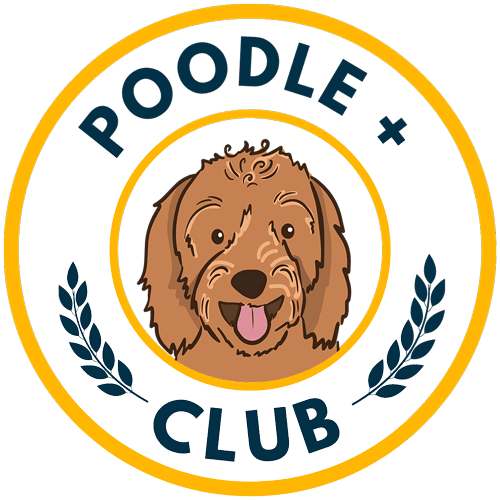
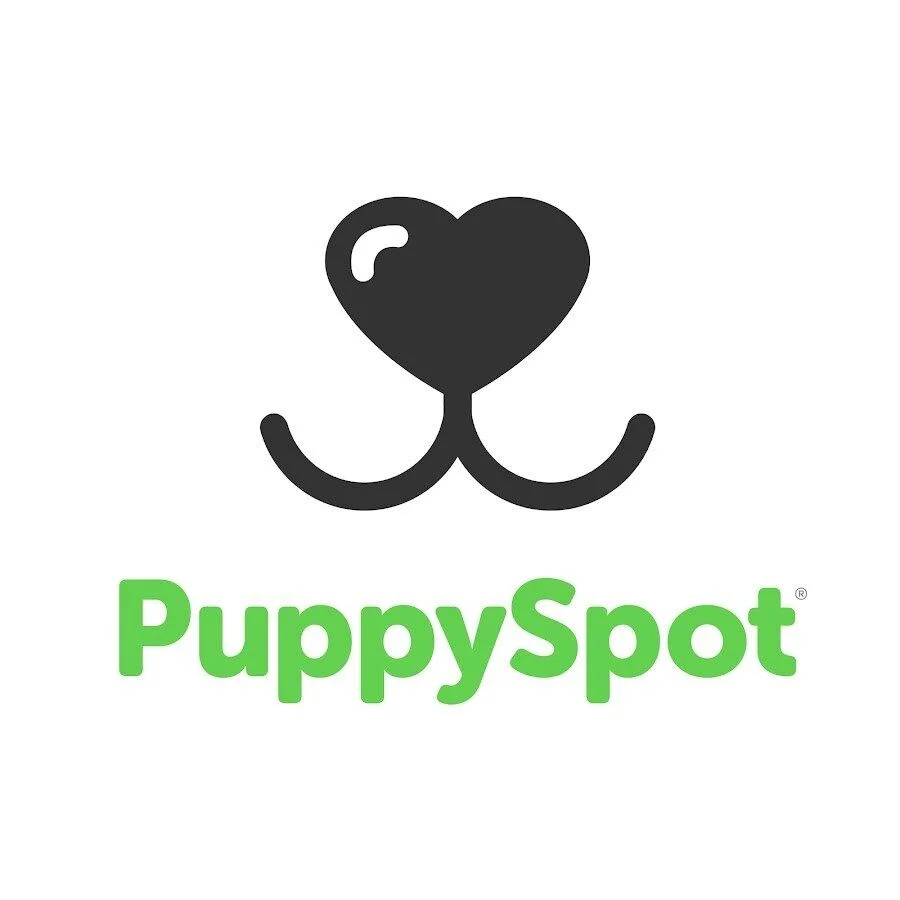
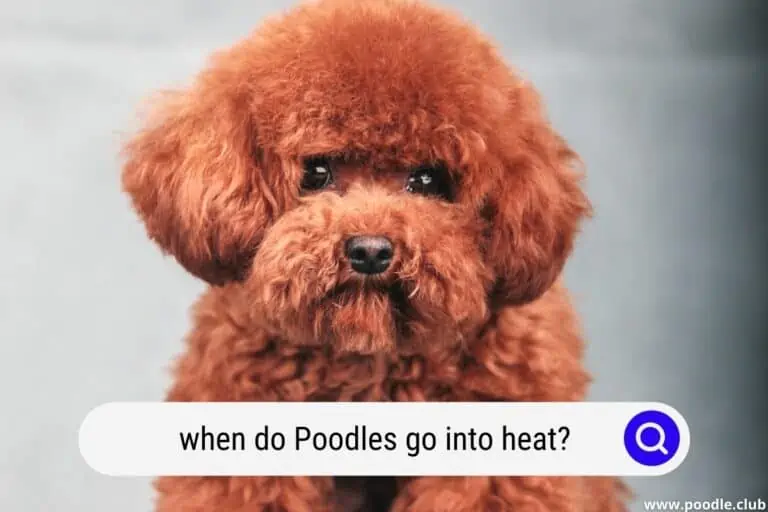
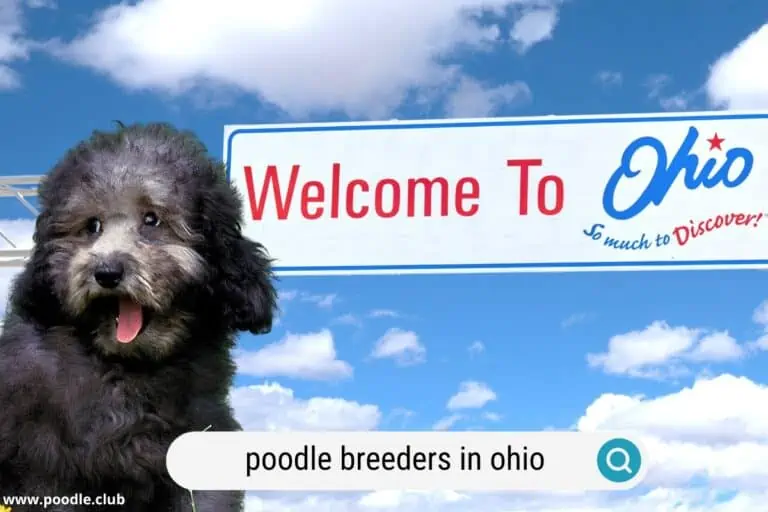
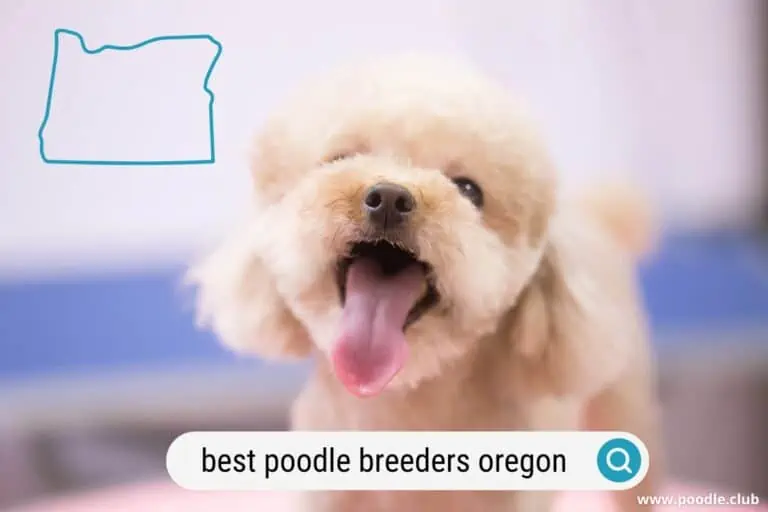
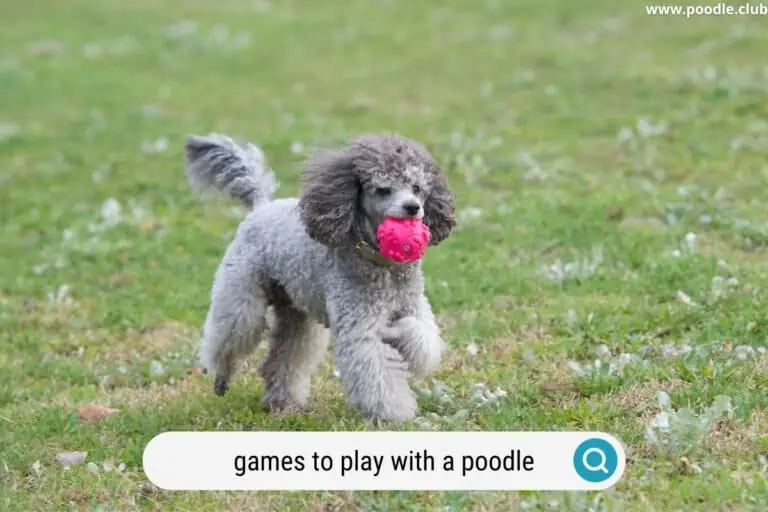
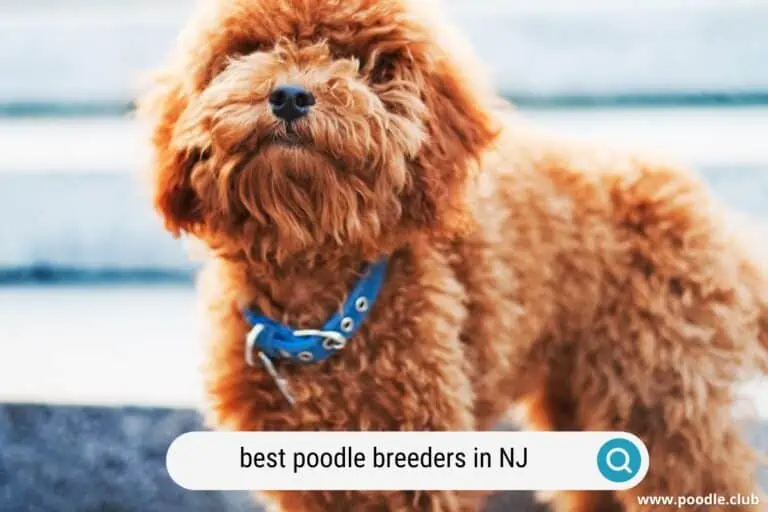
![How Fast Can Poodles Run [Speed]](https://poodle.club/wp-content/uploads/2023/05/how-fast-can-poodles-run-768x512.webp)